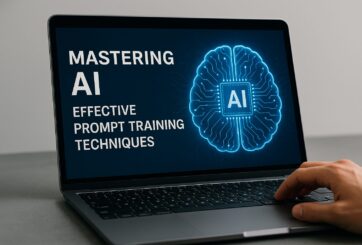
Open Source Software to Trace Data Origins Released by Researchers

Researchers at the University of Southampton’s School of Electronics & Computer Science (ECS) are releasing open source software which will make it possible for the first time ever to trace the origins and authenticity of computer-generated data.
The research conducted by Professor Luc Moreau and his team has focused on the need to determine the provenance of digital objects, a concept whose importance is already well understood in areas such as art collection, where the provenance of an object helps determine its authenticity.
The work was done as part of the PASOA (Provenance Aware Service Oriented Architecture) and EU Provenance projects, through which the researchers aim to bring the beneficial applications of their work into the computer industry.
Over the past two years, they have investigated the role of provenance in computer systems and designed the protocols and data models to support its use.
Professor Moreau said: 'This will be a very important service for organisations in the aerospace and organ transplant industries, in particular. It will also have applications in the food industry and could be very useful in tracing the source of email spam and to ensure that information has not been tampered with during its creation and subsequent use.’
Other partners in the Provenance team are: IBM United Kingdom Limited, Cardiff University (Welsh eScience center), Deutsches Zentrum fur Luft – und Raumfahrt s.V, Universitat Politecnica de Catalunya and Computer and Automation Institute of the Hungarian Academy of Sciences.









